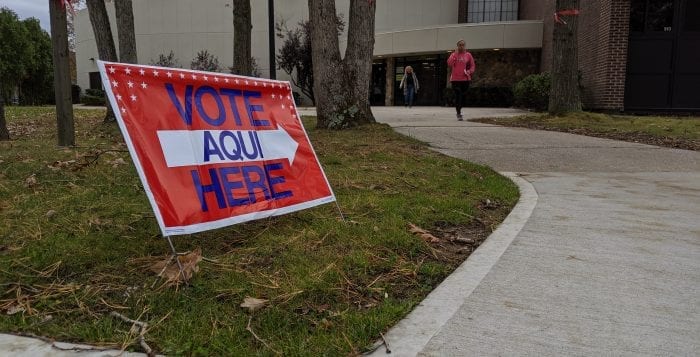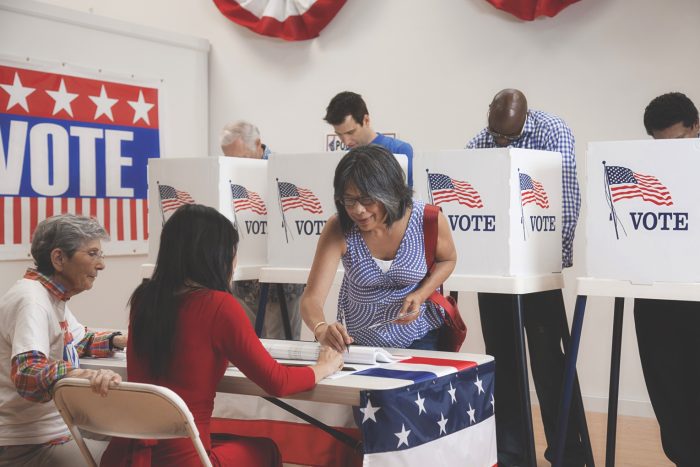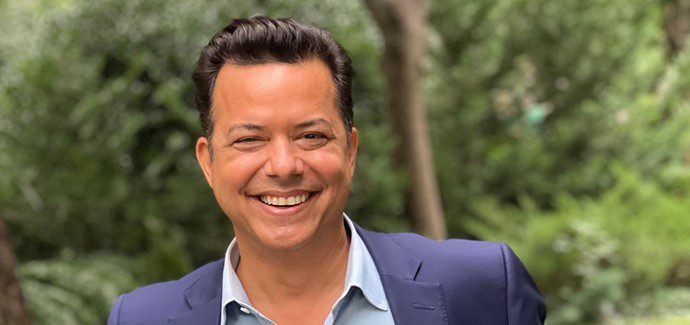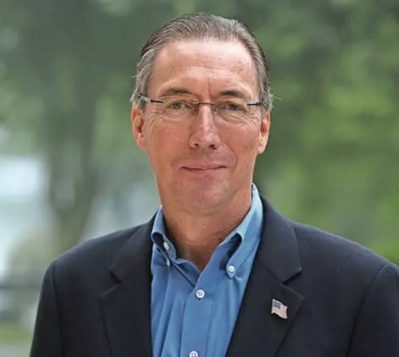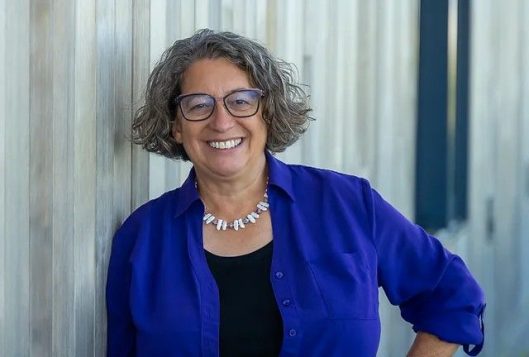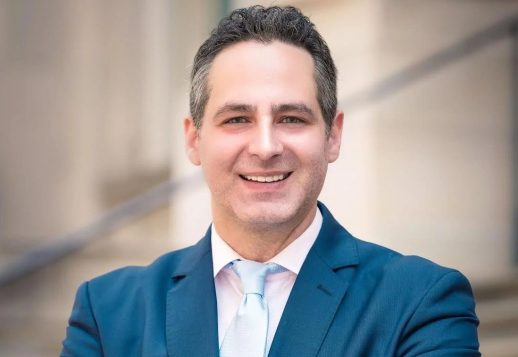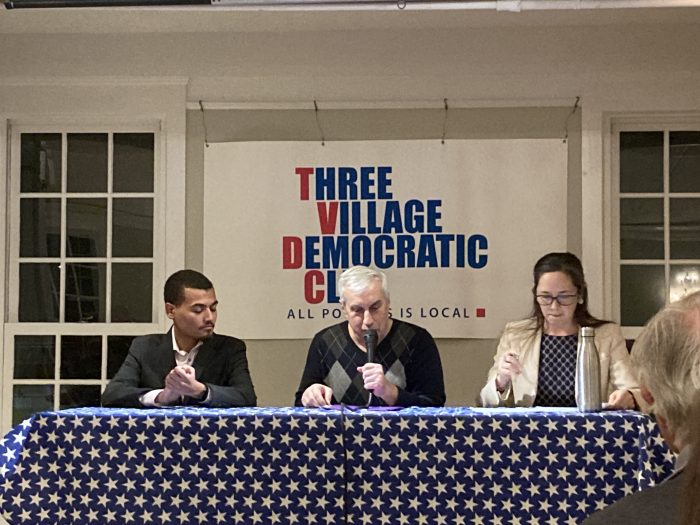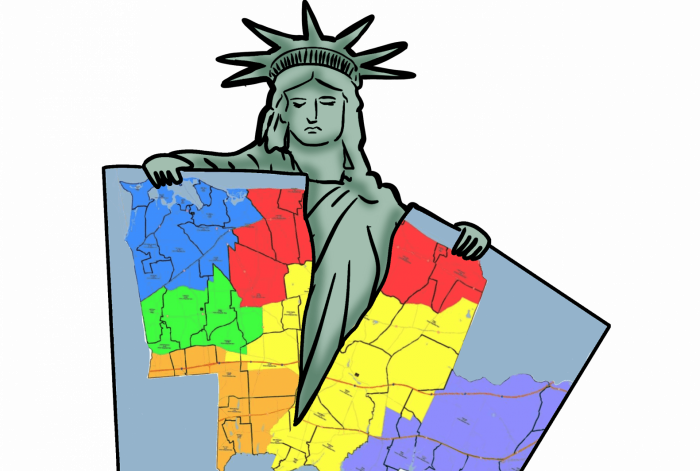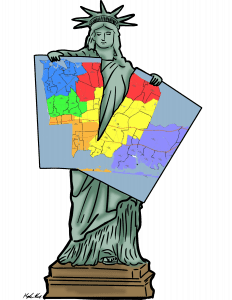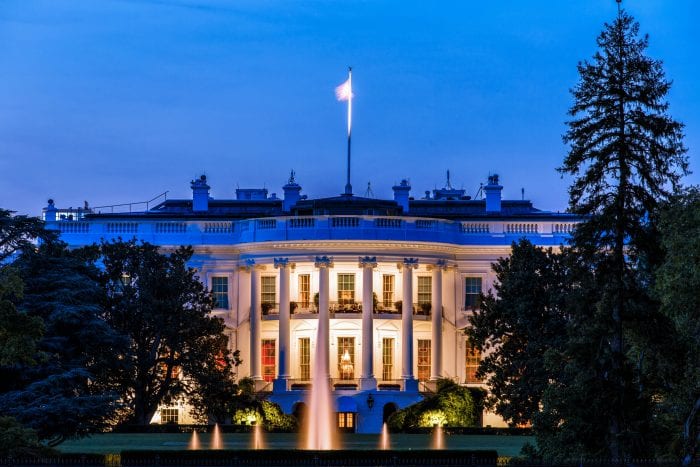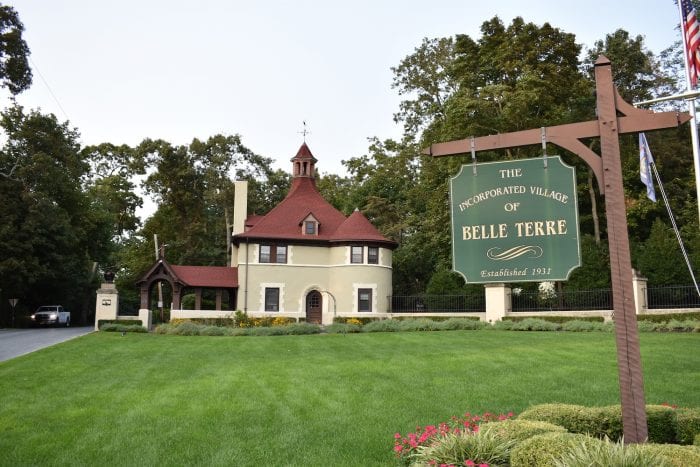Driving to work in the morning, we may brace ourselves for the pothole that, day-after-day, violently shakes our car as we drive over it. However, one day to our delight, we notice it is filled with smooth asphalt. Then, we may decide to stop for coffee at a recently opened shop before heading to work. We take a detour to avoid traffic near a new housing development.
From the pothole, to the new coffee shop, to the traffic, the rhythms of our days are shaped by our elected officials and the decisions they make on behalf of the community.
As the conduit for local news, we hear residents’ opinions on development, infrastructure, funding, open space, historical preservation, economic growth and policy. These issues are constantly topics of discussion, and rightfully so. The decisions our town and village officials make in these areas shape our lives: where we shop and live, and how much we pay in taxes. We all have opinions on the decisions local officials make. June 17 is the day we can act.
Our local elected officials have the power to make changes that could impact us for years after they leave office. As their constituents, we are their guides and as voters we choose and empower the decision-makers. What do we want our community’s future to look like and which candidate will take us there?
We give local elections less thought and focus, especially when compared to the highly publicized federal elections. Over half of eligible voters turn out for federal elections while fewer than a quarter vote in local elections.
In May, residents voted on their district’s budget, and if there were available seats on the board, for school board trustees. In the Huntington Union Free School District, only about 1,000 residents voted out of the 24,000 registered voters in the district, according to the district website. That amounts to around 4%.
School board trustees could have a significant impact on the quality of education and programming. What the children in that district learn, what clubs they join, and what amenities the building offers can be altered by school boards. Our elections have concrete implications, not only during a two or four-year term, but in decades to follow.
This month, we are voting for the mayor and trustees of Port Jefferson Village and for town supervisor and several board members for the towns of Smithtown and Huntington. In November, we will vote for our congress members, assembly members and senators.
To work towards what we envision for our community, and to protect the parts we value, we must do our part and vote.

